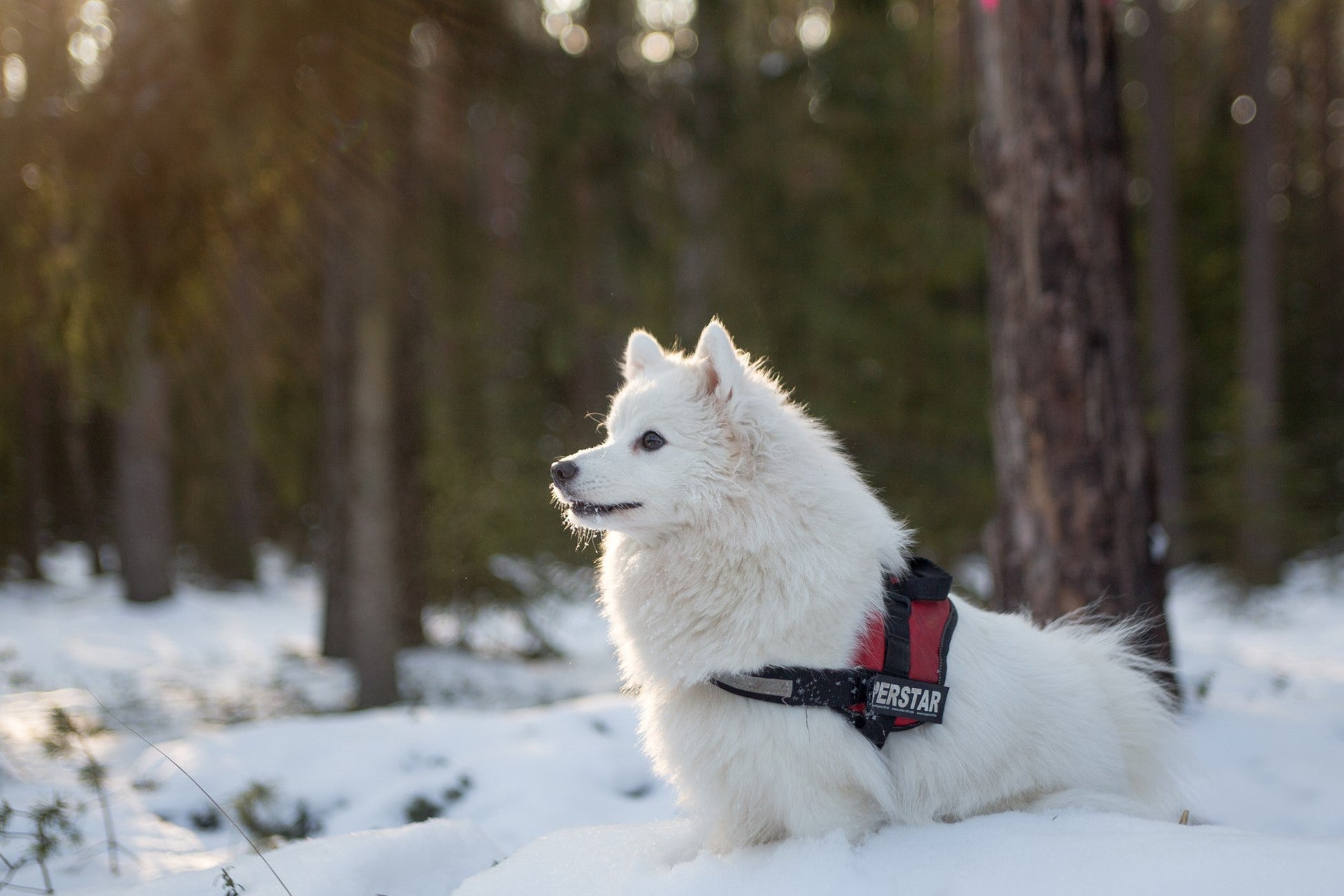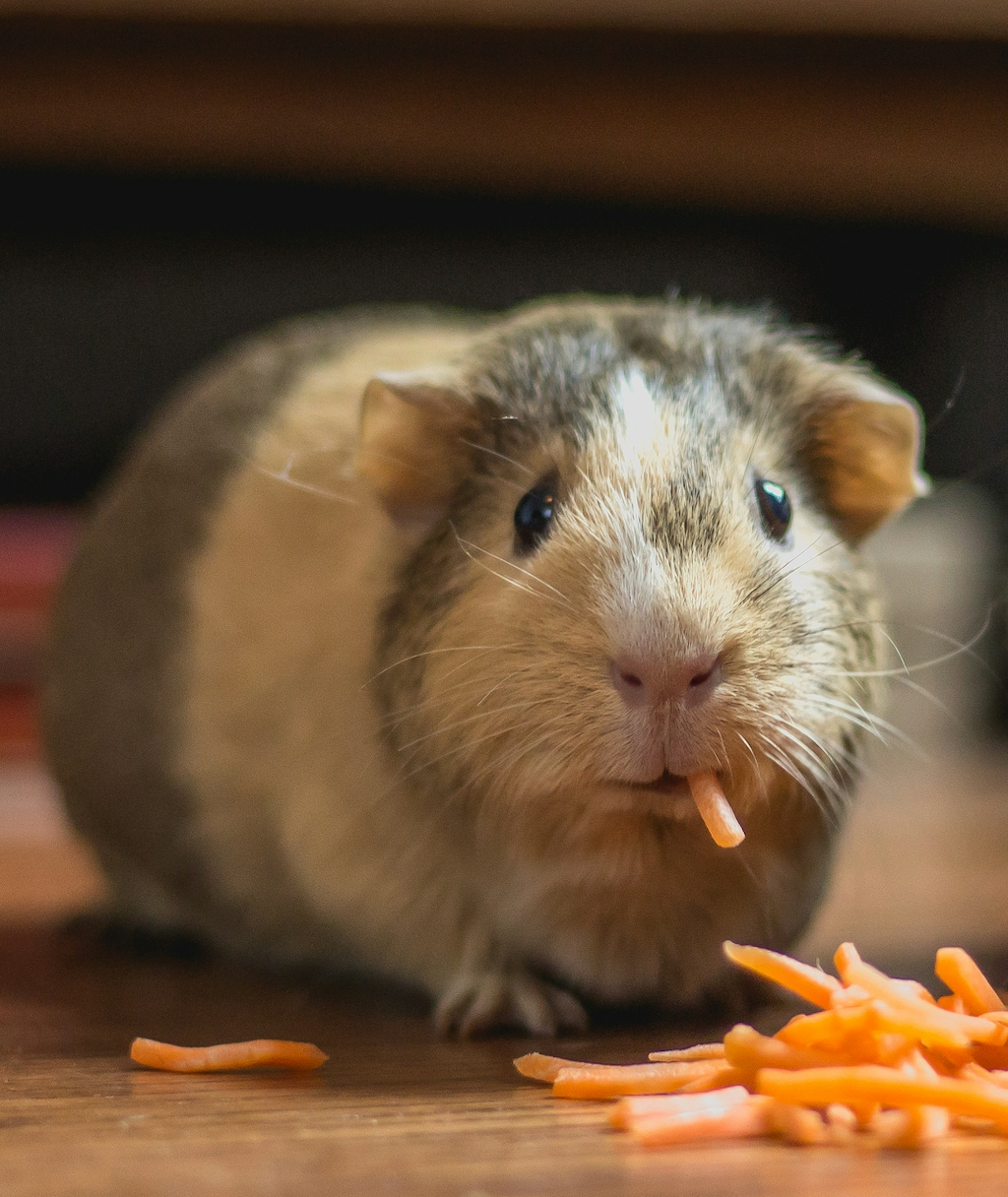
Tips to Protect Your Pup’s Health Now - Before Winter Weather Hits
Read on for tips from Mr. Mochas Pet Supplies.
Tips to Protect Your Pup’s Health Now - Before Winter Weather Hits
New dog owners often assume that their pup’s needs stay the same year-round, but dogs are actually a lot like kids in this respect. When the colder months come around, it’s time to buy a new wardrobe to keep them warm outdoors. And just as humans have fall allergies and achy joints when the temperature drops, your dog is susceptible to the same problems. Read on for tips from Mr. Mochas Pet Supplies.
Stay Up to Date on Preventive Care
A regular checkup is your pup’s first line of defense against health problems. At a wellness check, your veterinarian will be able to diagnose health concerns that could get worse over the fall and winter; plus, they may even spot early warning signs of problems you can prevent. If your dog has any quirks that you’re unsure about, or if you’ve noticed changes in their behavior, be sure to mention these concerns to your vet because they may help identify health issues.
Your vet may also offer genetic testing which can provide insights into your dog’s breed. Dogs can vary a great deal, and learning about their breed characteristics and genetic background enables you to better care for them, as well as better prepare them for the cold months.
Mind Their Anxiety
Monitoring your dog for signs of separation anxiety is important to ensure their well-being. Signs can include excessive barking or howling, destructive behavior, or attempts to escape when they're left alone. To help alleviate this, be sure to spend quality time with your dog when you are home, giving them plenty of attention and interaction. This can help reinforce positive feelings and reduce anxiety. If you're working long hours, consider having a trusted friend or professional pet sitter drop in to provide companionship, playtime, and care. Regular check-ins can break up the day for your dog, easing their stress and encouraging better behavior. Remember, consistency and patience are key when dealing with separation anxiety in dogs.
Make a Treatment Plan
Even when your pup is up to date on their checkup, it’s still important to watch out for signs of problems that flare up in cold weather, especially allergies, skin issues, and pain from arthritis. If you’re concerned that your dog may have arthritis, Pet Health Network recommends looking for behavioral signs, like if they have a harder time going up or down stairs, difficulty jumping onto the bed, or struggling to walk as far as they’re used to.
Your vet may recommend medical treatment, but supplements can also be beneficial. Mr. Mochas Pet Supplies offers many food options for hip and joint care, which can ease aches and discomfort and support mobility and flexibility in your pet.
Glucosamine is a long-standing favorite for joint health, and glucosamine treats make it easy to give. Many pet parents have also started giving their dogs CBD oil as a natural way to manage all kinds of ailments. Like CBD for humans, CBD oil supplements for dogs can help with anxiety and inflammation in addition to helping manage pain.
Pet parents should look into available options before giving a new supplement like CBD oil. You’ll want to find a natural formula that doesn’t have gluten or dairy, which can be allergenic, and make sure the brand you’re considering is well-reviewed. Pay close attention to the strength of the CBD oil too, and be sure to take your dog’s size into consideration.
Gear Up!
Along with preventing and treating health issues, it’s just as important to have the right gear to keep your pup safe and warm.
A reflective leash and collar: If you’re used to taking evening walks, make sure you’re prepared for when it starts getting dark earlier. Getting a reflective leash and collar, or even a lighted dog leash, will keep you both safe on your evening stroll.
Indoor dog house: If your pup is used to an outdoor dog house, pick up an indoor version for him to enjoy during the colder months. When choosing a structure, consider how much space you have, the size of your dog, and potential safety issues.
- ID tag and chip: According to the American Veterinary Medical Association, if dogs get lost in winter, they may have a hard time finding their way home because snow covers up the scents they would normally use. To avoid this scary scenario, make sure your dog has an ID tag and that his microchip registration is current.
A coat and paw protection: The best place for a dog to sleep is safe and warm inside your home, but when you take your pup outside to play, they’ll appreciate a little extra comfort. Look for a dog coat based on your climate and needs, such as a high warmth rating or one that provides rain protection. If you live in a snowy climate, you may also want to get dog boots, which protect paws from the cold while also making it easier for them to walk in slick conditions.
Pick a Path
During colder months, venturing out to your dog's favorite park might not be feasible. Instead, a walk score map of your neighborhood can be a valuable tool to find the best walking spots nearby. These maps provide information about pedestrian-friendliness based on factors like sidewalk availability, traffic levels, and proximity to amenities. This allows you to identify safe, convenient routes right in your neighborhood. Not only will this keep your dog active during the cold season, but it can also help you discover new local areas that you may not have explored before. Remember, regular exercise is important for your dog's health, even when the weather isn't ideal.
Our dogs communicate with us in many ways, but since they can’t actually tell us how they feel, it’s up to us to make sure they’re getting the protection and care they need. Learn about their breed, be aware of possible separation anxiety, and make sure they’re prepared for the outdoors. When it comes down to it, dogs really are a lot like people. What they want most in winter is warmth from the cold, comfort for rest, and relief from itchy skin and achy joints.
We would like to thank Jessica Brody of Ourbestfriends.pet for her help with contributing this article.





